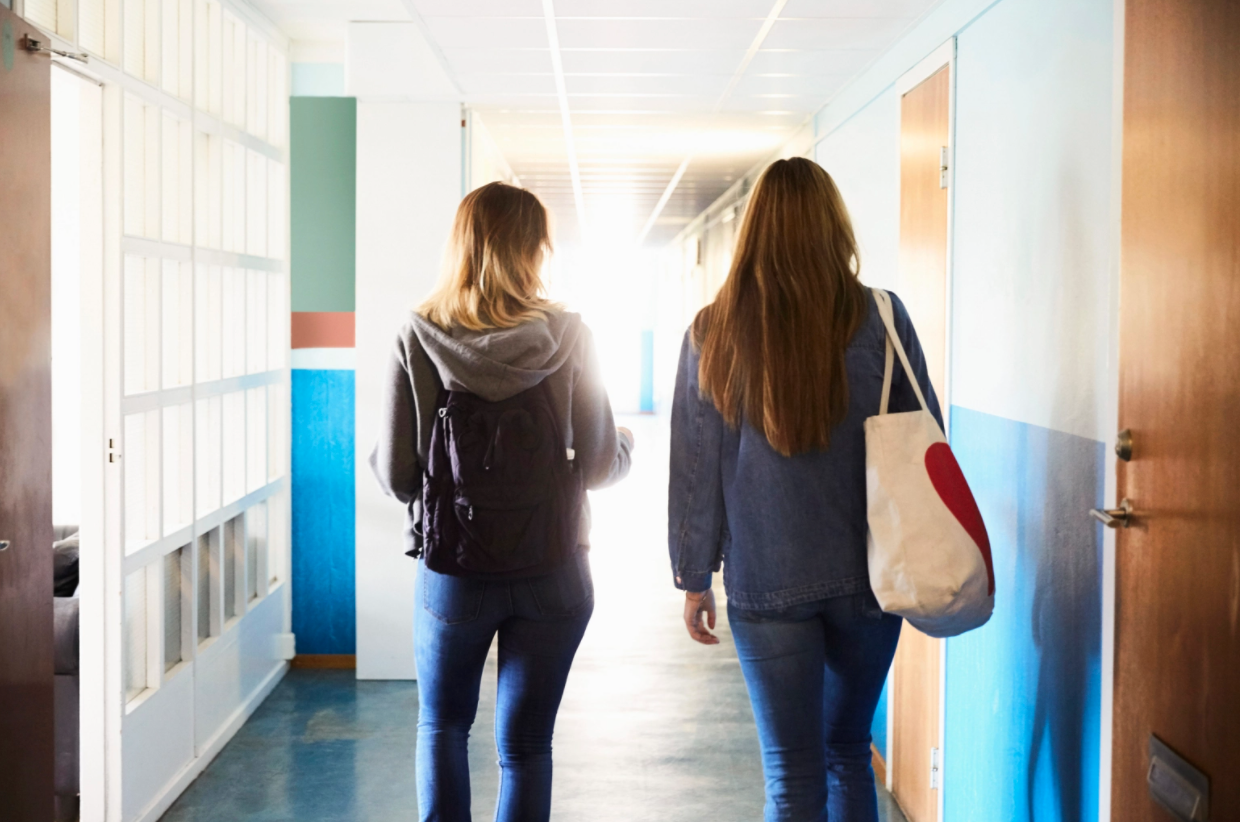In general, low performance is linked to a number of aspects in a student’s college experience, only some of which are present prior to enrolment. Lack of self-confidence and confidence in the medium are said to be the most crucial student factors. Due to a lack of enthusiasm in the course, there is a lack of instruction or application. If you don’t communicate, don’t ask for help, or are having trouble transitioning to college life, you’re not alone. Communication and engagement in class and other academic (and extracurricular) activities is important. It is also true that some students learn faster and more effortlessly than others. They outperform others who spend half the time cramming the topic by studying for only 3 – 4 hours. Everyone learns to enhance their learning skills, whether they are in kindergarten or in high school. This sometimes become a major source of anxiety for kids.
Teachers play a very important role in the lives of their students. As a teacher, it is your responsibility to bring out the best in your pupils and encourage them to achieve greatness. Students are the future of the world, and a teacher is seen as a trustworthy guide for their development.
Students, particularly ‘weak’ ones, value excellent teaching skills and conceptual understanding among faculty, but frequently share their frustrations with teachers who have less (or obsolete) knowledge, and those who are unable to communicate what they know due to insufficient teaching skill or experience. Several proposals for increasing the efficacy of teaching to aid weak students arose from our interactions with students, professors, and administrators in engineering institutions (as well as others). Efforts to Improve Classroom Procedures: One of the most pressing requirements is for teachers to be able to offer appropriate attention to pupils and include them in the daily lesson. To enhance classes teachers could adopt one or more of the following approaches.
• Begin by asking students what they know, then gradually increase their knowledge and confidence by teaching them familiar material before going on to a new or challenging topic.
• Describe the significance of a topic being taught and how it relates to the’real world,’ industry, and so on.
• Use real-life examples, especially when discussing complex ideas. Students have shown a strong desire to balance theory and practise, which includes allocating more time to lab work, projects, industry visits, internships, and apprenticeships.
• Use materials other than the textbook to organise lectures into points, with suitable examples in each.
• Move all throughout room, communicating with children while they work on issues or read materials, or even just providing the lecture.
• Speak loudly and clearly.
• Use materials other than blackboard and chalk, overhead projectors, and powerpoints to make education more visible and tactile. Classrooms may be outfitted with charts, models, projectors, and movies to make teaching more graphic and interactive.
• Provide students with comments on their performance and suggestions for how to improve it. Weak students (and others) claim that they rarely receive constructive criticism, and in other cases, they receive none at all. Teachers must be taught on how to deliver such feedback in addition to making it a part of their responsibilities.
• Be available for formal and informal contact after class, and be receptive to inquiries and criticism from students on the teaching material and approach.
1. Highlight the Important Points
Understanding the basic topics is beneficial to students. This is a popular strategy among pupils. Highlighting and emphasising the essential elements when studying helps to summarise the entire topic or notion. These essential points assist us in brushing up on the subject before examinations or class tests, as highlighted phrases aid us in brushing up on the subject before exams or class tests.
Important topics should be highlighted or underlined, and you should be selective enough to use them as study material.
2. Determine your preferred learning method.
First and foremost, choose which learning style best suits you. If your current learning method isn’t producing good results, it’s time to switch. Consider a positive job or academic situation in which you excelled. Consider how you used to study. For the material you wish to take in, you’ll need learning abilities like high comprehension and quick reading. Students will get the best outcomes if they do it this way.
3. Develop Your Memory Using Memory Techniques
Implementing various memory techniques will assist you in studying more effectively. There are a number of memory strategies that can help you recall and learn things more easily. Learning abilities are built by active and critical reasoning, questioning, thinking and assumptions, and applying information realistically in the proper way.
4. Conceptual Clarity
While learning, it is important to have a clear understanding of the subjects, themes, and concepts. This is critical because you will be able to readily respond to anyone who asks you a question or discusses their concerns with you.
Whenever you have a question, clear it right away since you never know how it may affect you during the preparation process. Be confident in your ideas, take the risk, and address all of your issues with professors and bright pupils. To overcome all of your concerns on a topic, become familiar with textbooks and other related study resources.
5. Collaborate with others and study with them.
If studying in groups appeals to you, select a few of study companions with whom you can collaborate and learn well. Studying in a group helps to overcome the habit of spending the entire day alone with your nose in a book. Doing a group study with outstanding teamwork with colleagues’ aids in the deeper and faster processing of material. Active participation in knowledge with your classmates not only aids in effective learning but also makes studying more pleasurable and straightforward.
To gain mastery of a topic, the greatest method to learn it is to teach it to others.
6. Make a study schedule that works for you.
Preparing a good study schedule or timetable is one of the most successful study abilities. Candidates should create a study schedule based on their skills and shortcomings, as well as crucial topics. Without any forethought, learning the topics will simply terrify you in the closing stages of preparation.
7. Take Study Breaks.
Students should take study breaks in order to keep their minds fresh, especially when studying for exams. You can stay focused if you take a 45-minute break every 45 minutes. The study breaks will assist you in reducing stress, building confidence, and enhancing productivity.
7. Work on Strengths and Weaknesses To hone your learning abilities, try to minimise your weaknesses and increase your strengths. Performing SWOT (strengths, weaknesses, opportunities and threats) analysis will help you to identify the strengths and weaknesses. Work on the strengths and weaknesses after performing the SWOT analysis.
8. Create your study area
Make yourself a work area where you can dump all of your study materials and get right to work on learning. Keep all of the books and other items you could need close at reach. Carefully select the location for your studies. You don’t want to pick an uninteresting location. It would cause boredom, and you would no longer desire to go there and learn. However, you do not want to select a very exciting or activity-filled location since your attention will be drawn to other aspects of the room, and you will be unable to focus on your studies.
9. Recall Your Learning
Remember What You’ve Learned. Throughout your study sessions, remember to recollect what you’ve learnt. When you go for a break after studying for 1 or 2 hours, do something else unrelated to your studies. But don’t forget to think on what you’ve just read
It’s critical for us to solve and recollect the entire piece of information since this is when we can see what topics we remember and which we forget. The material you were reading will be lot clearer at the conclusion of the session than it was at the start.
These are some of the few ways to improve learning which will also lead to better performance for students.


